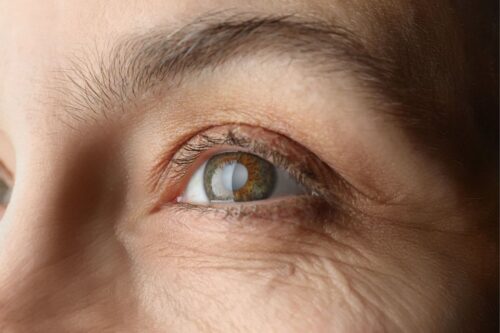
Cataract Surgery: Everything You Need to Know
Cataract surgery is a surgical procedure preferred when the lens of the eye loses its transparency. The goal of the surgery is to eliminate the vision loss caused by cataract formation, which typically develops after the age of 40.
It is a short and safe procedure, and one of the treatment solutions that offers quick recovery times.
In Which Situations is Cataract Surgery Necessary?
In a healthy eye with normal vision, the eye lens is transparent. This allows the incoming light to focus on the visual center without any issues. In cataract disease, over time, the transparent lens begins to become cloudy and loses its transparency.
When the intraocular lens becomes cloudy, a gradually increasing vision loss occurs. As the disease progresses, the patient may lose their vision to a large extent.
Cataract surgery is a treatment applied to patients with cataracts and is essential for a definitive solution. It stands out as the only solution for permanent treatment, making it one of the most commonly performed eye treatments worldwide.
.
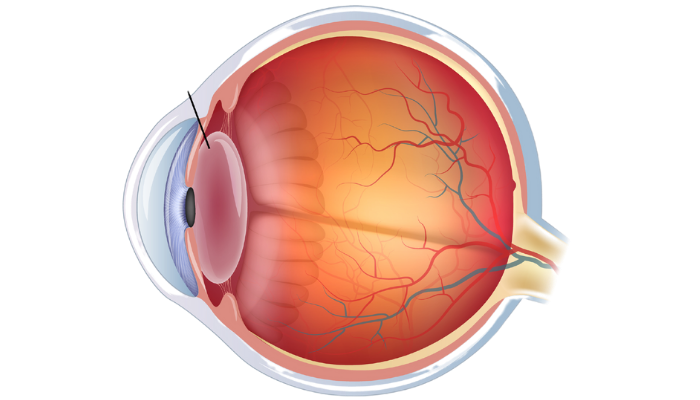
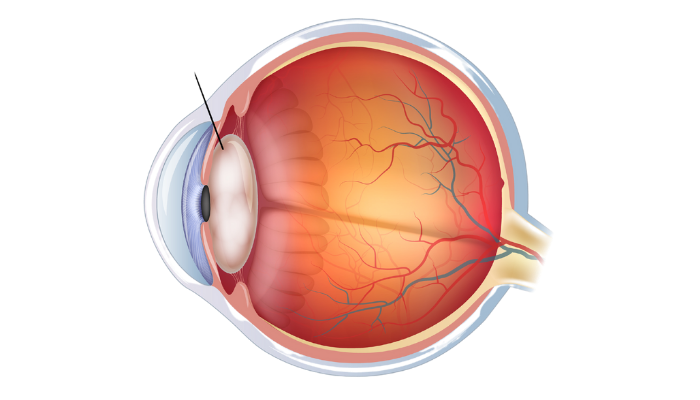
What is Done Before the Surgery?
To diagnose cataract disease and determine the degree of progression, certain tests must be performed before the surgery.
After a detailed examination, the condition of the cataract will be determined, as well as whether there are any refractive errors, the presence of astigmatism, and the thickness of the cornea.
This is because the most important aspect of cataract surgery is how the patient will see after the operation.
After all of these examination steps, the most suitable intraocular lens for the patient is determined, and the application of this lens is carried out.
How is Cataract Surgery Performed?
The main focus of the surgery is to remove the cloudy and opaque lens from the eye and replace it with a new intraocular lens. The procedure progresses in this manner.
As it is a microsurgical procedure, small instruments and special microscopes are used in all operations. The stages of the operation can be listed as follows.
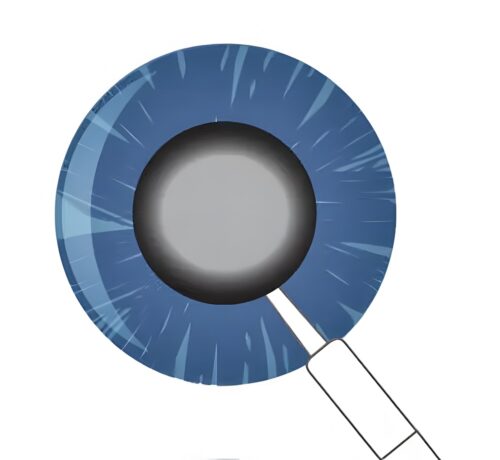
Before the surgery, drops are applied to dilate the pupil. Afterward, the patient is taken to the area where the operation will be performed, and anesthetic drops are applied to the eye. This stage can also be referred to as local anesthesia.
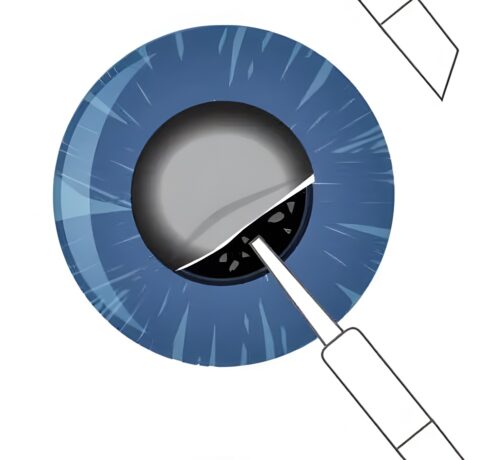
After the eye is numbed, the cataract-affected natural lens is removed through a small incision made on the outside of the eye.
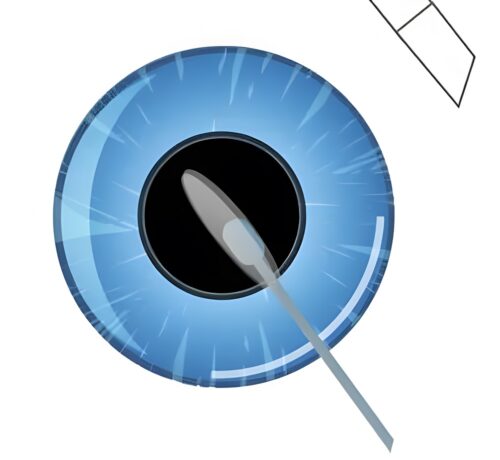
Then, an intraocular lens specially prepared for the patient and perfectly suited to the condition of the eye is placed into the eye.
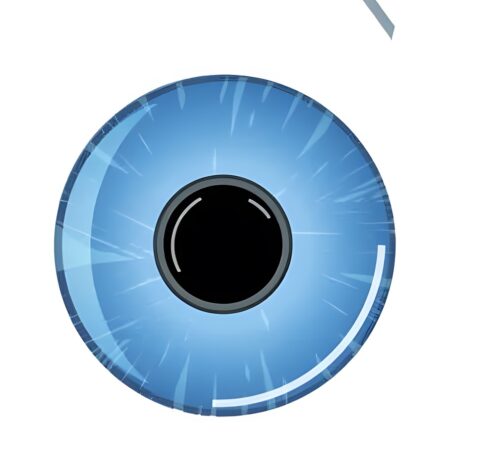
After the operation is completed, a protective bandage is applied to the eye to protect it for a certain period, and the procedure is finished.
How Long Does Cataract Surgery Take?
Generally speaking, the operation can take anywhere from 15 to 45 minutes.
Which Methods are Preferred for the Surgery?
With advancing technology, much more comfortable and effective solutions have been introduced. The most preferred treatment in recent years is the phacoemulsification method, also known as sutureless laser. Additionally, extracapsular surgery and laser surgery are also used.

Cataract Surgery with the Phaco Method
Let’s talk about he phaco method, which is the most commonly preferred technique today.
- In this method, a small incision is made to access the eye’s lens.
- the cataractous lens is broken down using high frequency ulttasonic sound waves.
- The pieces are removed with a vacuum system, and the eye is cleaned.
- Afterward, a new lens is placed through the small incision.
- Since the incision is very small, it will not require additional stitches.
- Since there are no stitches, recovery times are much better, and healing occurs much more quickly.
Which Lenses are Used in Cataract Surgery?
We mentioned that detailed examinations need to be performed to select the most suitable lens for the patient. So, which intraocular lenses are used in the surgery? Let’s also talk about the alternatives for the lenses used in the surgery.

Trifocal Lenses
They are commonly used lenses, known as “smart lenses” in the public. In fact, these lenses do not have any hardware that would make them “smart.” Trifocal lenses allow the patient to achieve clear vision for both near, intermediate, and far distances.
These lenses are effective in transmitting light from all distances to the retina, eliminating the need for glasses.
Monofocal Lenses
Monofocal lenses, also known as fixed-focus lenses, are designed to focus on either distant or near vision. After surgery with monofocal lenses, patients may need to use reading glasses for near vision.r.
Bifocal Lenses
These are lenses preferred for focusing on both distant and near distances. After the operation, patients may still require glasses.
Toric Lenses
How Does the Process Work After Surgery? When Will Vision Improve?
Recovery Process After Surgery
- In the few days following the surgery, there may be sensitivity to light and sharper vision in colors.
- Immediately after the surgery, vision begins to improve. During this period, blurry vision complaints may occur. However, it may take a few months for the vision to reach the desired quality.
- In the first week, complaints such as redness, watering, or itching in the eyes may be experienced.
Things the Patient Should Pay Attention to After Cataract Surgery
- The prescribed eye drops should be used without interruption.
- The protective glasses should be worn for the specified period of time.
- In the first few days, heavy sports and strenuous physical work should be avoided.
- The eyes should be protected from dust and dirt. This helps minimize the risk of infection.
- Even if there is an itching sensation in the eyes, rubbing and scratching the eyes should be avoided
- The scheduled doctor’s appointments should not be missed, and the routine should be followed.
Don’t Forget to Check Out Our Content Related to Cataracts
- What are the Symptoms of Cataract?
- Is There a Treatment for Cataract other than Surgery?
- Does Advanced Cataract Affect the Success of the Surgery?
- Can Lens Displacement Occur After Cataract Surgery?
- Can a Patient with Laser Treatment Undergo Cataract Surgery?
- What Types of Lenses are used in Cataract Surgery?
- Can Dry Eyes Occur After Cataract Surgery?
- Can the Lenses used in Cataract Surgery be Changed?
Contact Me
You can contact me for your illness, my treatment methods, and any other topics you may be curious about.

